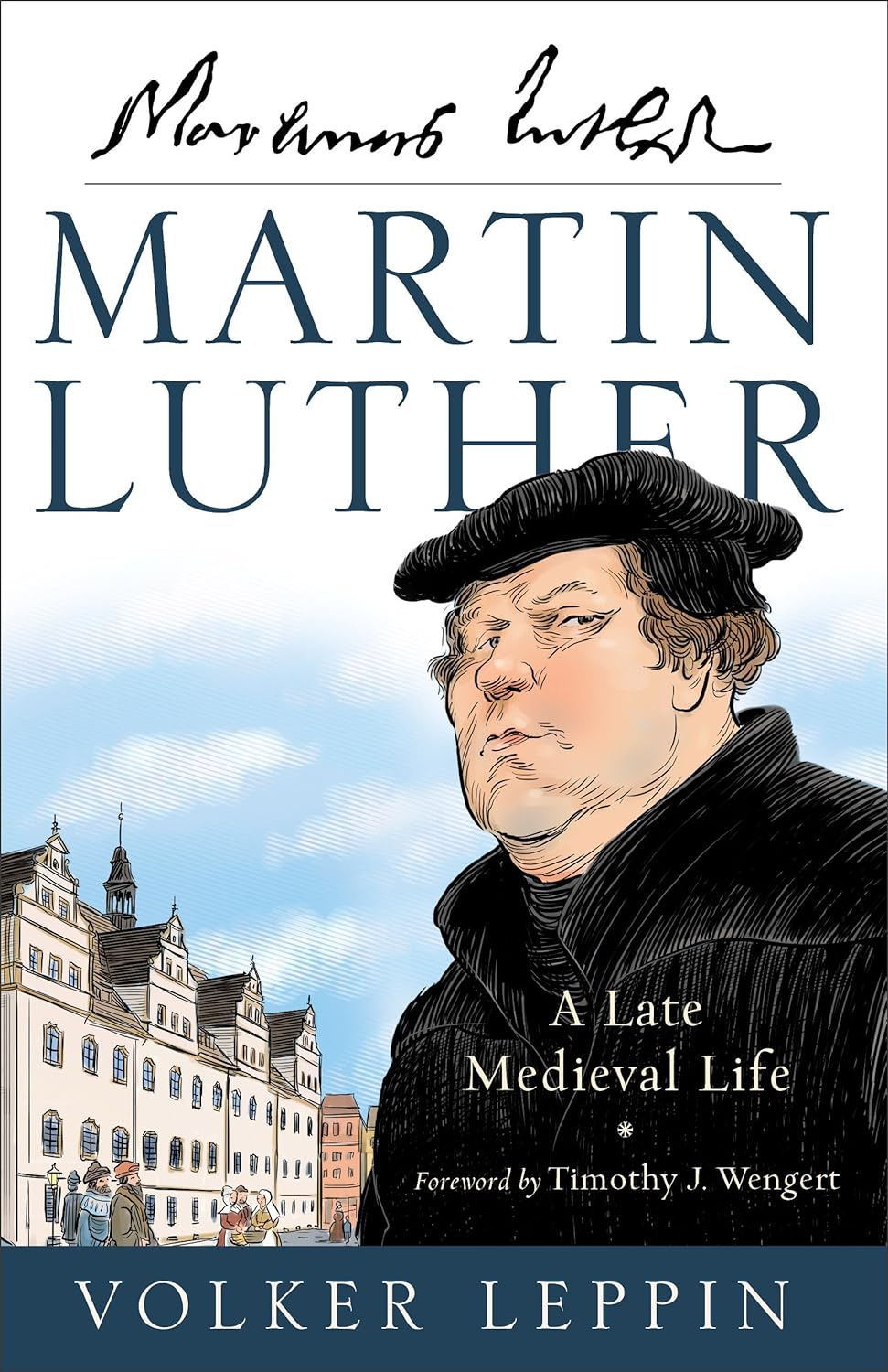A Mystical Reformation Day
A Surprising View of Martin Luther
The last Sunday of October is celebrated as Reformation Sunday in many protestant churches, especially the Lutheran ones. The commemoration is of the events of October 31, 1517, when a German monk named Martin Luther posted his ninety-five theses or statements seeking a conversation about some of the practices and beliefs of the Roman Catholic church. Thanks to the printing press, invented about fifty years prior, copies of those 95 theses circulated throughout Europe. This event, combined with various social, political, and economic forces, led to the Protestant Reformation.
Martin Luther became a central figure in the subsequent events, and along with many others, changed not only the church but society in general. Luther is likely one of the most influential people of the period from 1500 to 2000. Yes, he was an influencer. I wonder what his TikTok channel would be like today?
Most people read Luther’s works, of which there are many as if he were a 19th-century rationalist. But, my guest this month, thinks we are missing something with that approach. Volker Leppin's journal article, Luther, A Mystic, caught my attention. In that piece, Leppin makes the case that we should read Martin Luther’s writings as if he were a mystic.
I took Leppin’s suggestion, pulled my volume of Timothy Lull’s Martin Luther’s Writing collection, and began reading The Freedom of a Christian with new eyes, ears, and soul.
Joseph Campbell, somewhere in those conversations with Bill Moyers on Mythology, though I confess I can’t find the exact quote, described Luther as a man having a love affair with God. This also suggests Luther himself might be a mystic. After all, he would have been steeped in the writings of medieval Christianity, including Meister, Eckhart, Bernard of Clairvaux, and Hildegard of Bingen. Yes, I’ve got more research to find out about this new view of Luther.
In the meantime, we have Volker Leppin. He is Horace Tracy Pitkin Professor of Historical Theology at Yale Divinity School. He is a native of Germany and a Reformation scholar.
Educated at the University of Marburg Heidelberg University, and the Theological Academic Year in Jerusalem program, Volker Leppin received a chair in Church History at the University of Jena (Thuringia, Germany) in 2000. Ten years later, he moved to the University of Tübingen in Southern Germany, where he held the chair in Church History and directed the Institute for Late Middle Ages and Reformation from 2010 to 2021.
His biography of Martin Luther, Martin Luther. A Late Medieval Life, (Baker Academic, 2017) is also available in English. His work also focuses on the history of spirituality, mainly in mysticism. Accordingly, his most recent book is a history of Christian mysticism from the Bible to the 20th century: Ruhen in Gott (Rest in God).
Listen to my conversation with him on this month’s audio edition of the Notebooks.
Until Next Time,
James Hazelwood, author, bishop, and spiritual companion, is the author of Weird Wisdom for the Second Half of Life and Everyday Spirituality: Discover a Life of Hope, Peace, and Meaning. His website is www.jameshazelwood.net






Thank you, Jim. This is right in my wheelhouse. I have Christian Science background from my grandfather and mother. The language of Love and Mysticism and Father-Mother God is emerging more generally. Truth is truth, after all, and stands on its own.
Love and Peace in Christ Love and Light,
Pam Sutton